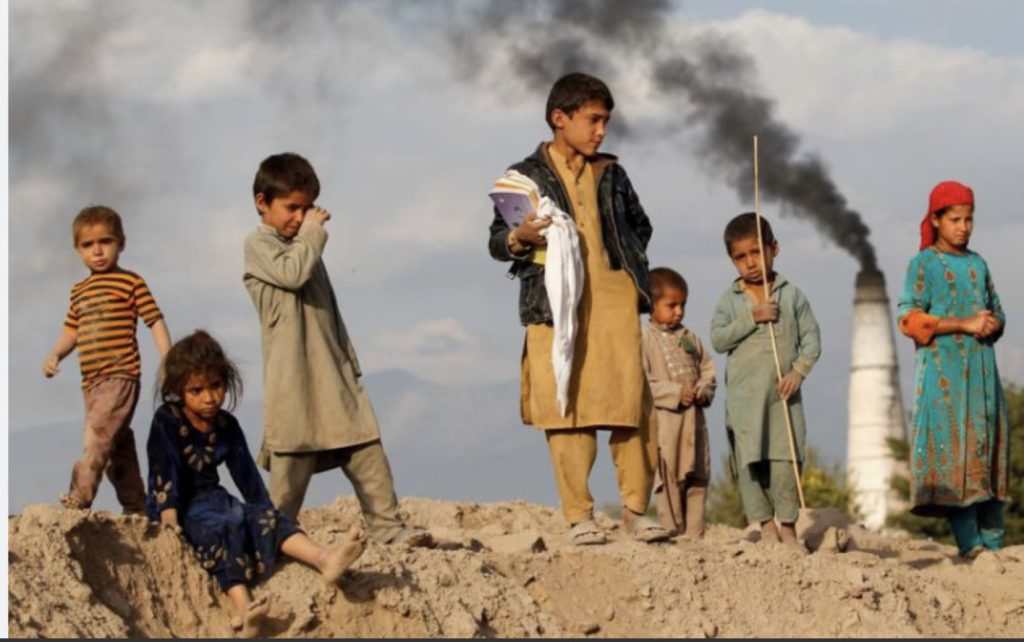Afghan children under the rule of the Taliban group
The current rule of the Taliban group has had a significant negative impact on Afghan children. Many are denied basic rights such as access to food, shelter, education and health care. Over 3 million children have been displaced by war and forced out of their homes and into refugee camps. In addition, more than 1.5 million children are living in poverty, without access to clean water and sanitation. The Taliban has imposed severe restrictions on girls’ education, leading to the closure of many schools. Girls under the age of 8 are forbidden from attending school, and those over age 8 are subject to strict gender segregation in the classroom. In some areas, teachers of girls must be female, and male teachers are discouraged.
The Taliban’s religious extremism has created a hostile environment for children in Afghanistan. Child labor is pervasive and there are reports of children being forced into becoming suicide bombers. Forced marriages, corporal punishment and honor killings occur in certain areas. In addition, poor living conditions and lack of health care mean that many Afghan children suffer from malnutrition and preventable diseases.
Afghan children are also vulnerable to exploitation by criminal gangs, military groups and other armed actors. Opium production, drug trafficking, and the sale of weapons steal children away from the opportunity to have a safe and secure childhood. Child soldiers are used to fight battles but are also made victims to sexual and physical abuse.
Under the current rule of the Taliban, Afghan children are not only deprived of their basic rights, but they also suffer from severe exploitation. To address these issues, the international community needs to take steps to ensure that protection of children’s rights are upheld in Afghanistan. This includes providing access to education, food, and medical care, as well as protecting children from those who would exploit them. In addition, local and international non-governmental organizations should remain proactive in the country to provide assistance to Afghan families and children living in need.
the writer ; Maryam Marof Arwin Leaders and founder (AWCSWO) and (PS)

